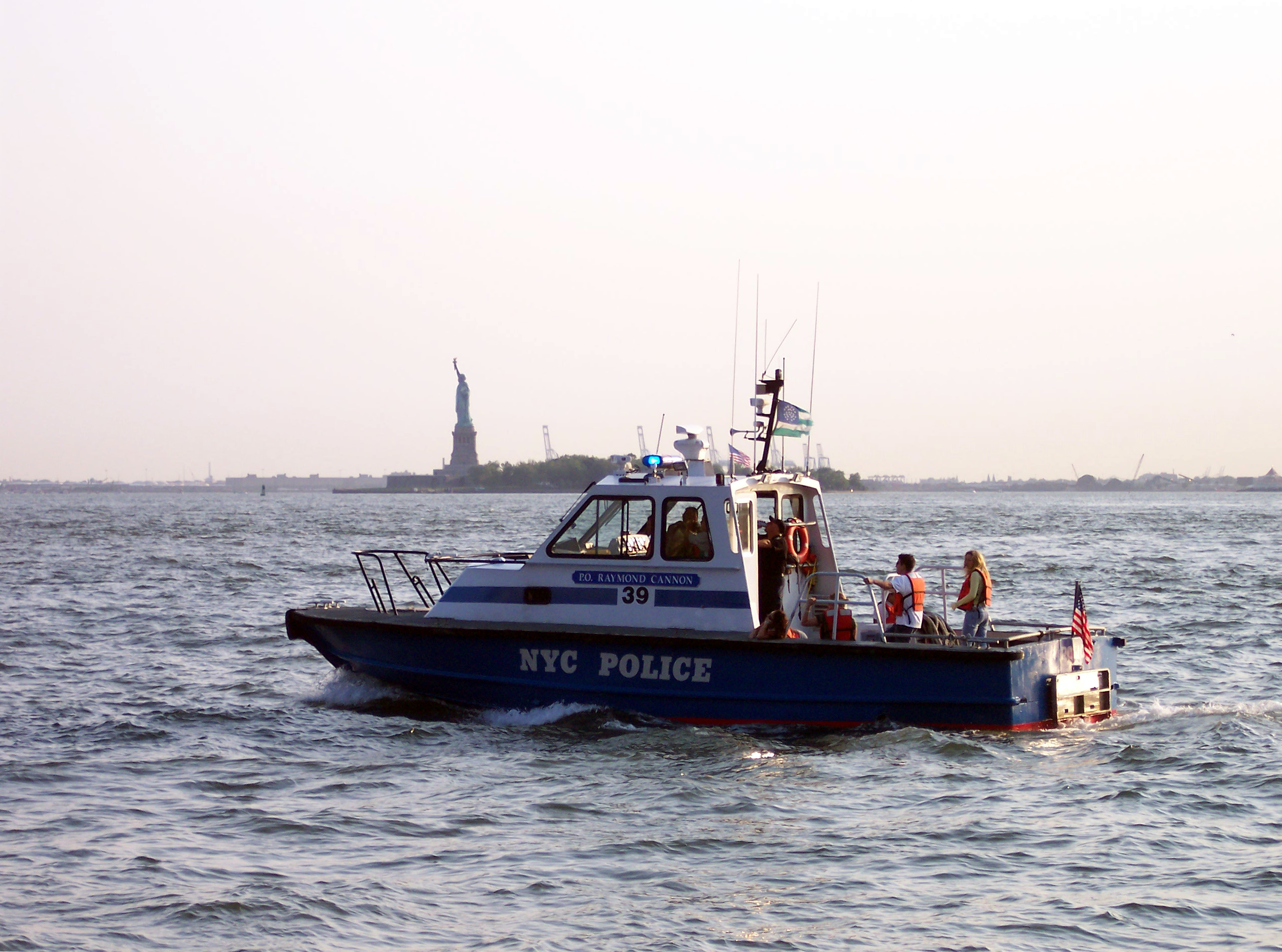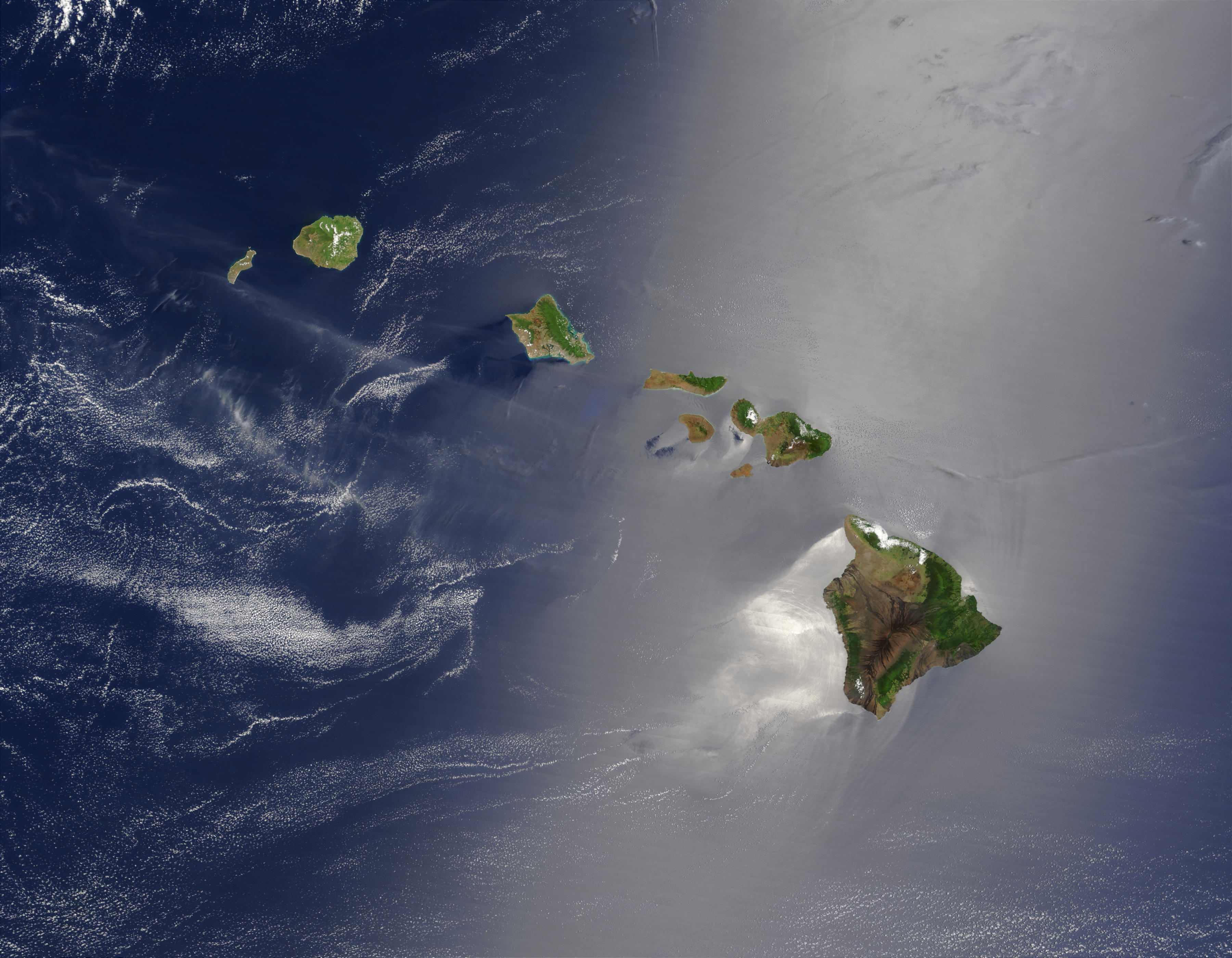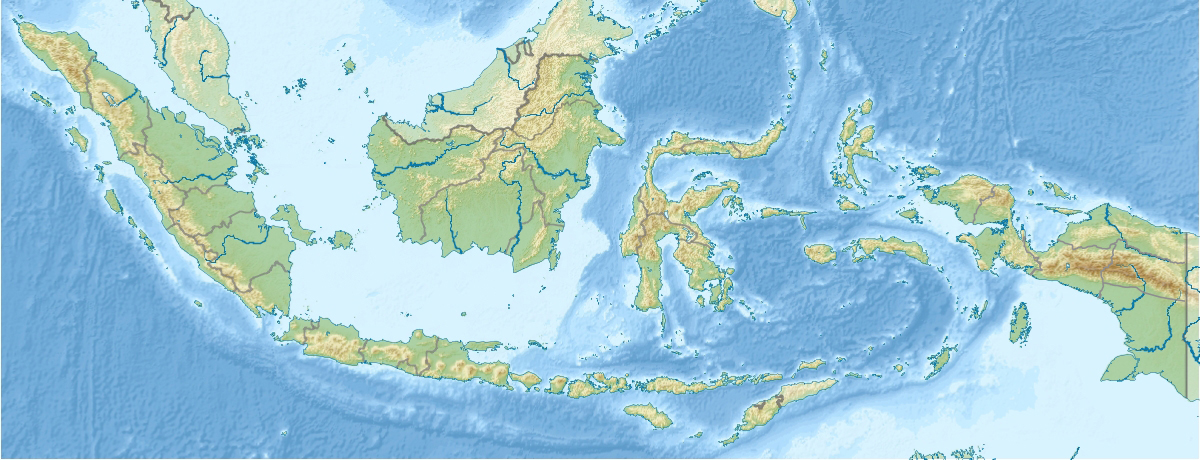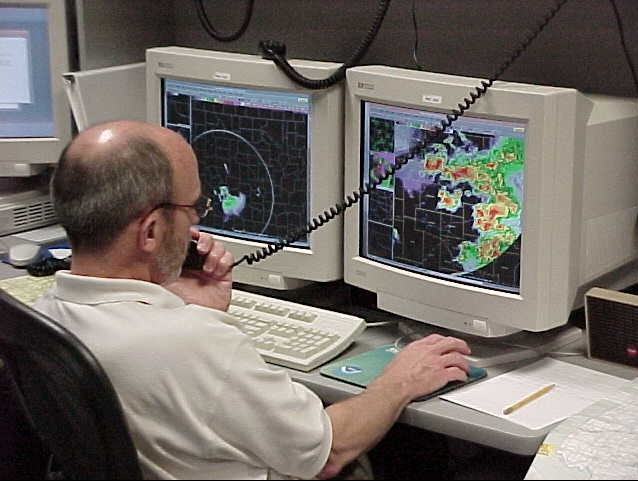|
Maritime Geography
Maritime geography is a collection of terms used by Navy, naval military units to loosely define three maritime regions: brown water, green water, and blue water. Definitions The elements of maritime geography are loosely defined and their meanings have changed throughout history. The USA's 2010 Naval Operations Concept defines blue water as "the open ocean", green water as "coastal waters, ports and harbors", and brown water as "navigable rivers and their estuaries". Robert Rubel of the US Naval War College includes bays in his definition of brown water, and in the past US military commentators have extended brown water out to from shore. During the Cold War, green water denoted those areas of ocean in which naval forces might encounter land-based aircraft and brown water, land-based artillery. The development of long-range bombers with antiship missiles turned most of the oceans to "green" and the term all but disappeared. After the Cold War, US Amphibious warfare, amphibious t ... [...More Info...] [...Related Items...] OR: [Wikipedia] [Google] [Baidu] |
Intertidal Wetland
An intertidal wetland is an area along a shoreline that is exposed to air at low tide and submerged at high tide. This type of wetland is defined by an intertidal zone and includes its own intertidal ecosystems. Description The main types of intertidal wetlands are mudflats (e.g., mangrove swamps) and salt marshes. The mangrove swamps are encountered along tropical shores and are characterized by tree vegetation, while salt marshes are mostly found in temperate zones and are mostly grass ecosystems. Intertidal wetlands are commonly encountered in most estuaries. Intertidal wetland ecosystem An ecosystem (or ecological system) is a system formed by Organism, organisms in interaction with their Biophysical environment, environment. The Biotic material, biotic and abiotic components are linked together through nutrient cycles and en ...s are amongst the most productive plant communities and often constitute a large part of the estuary areas. See also * Tidal marsh Re ... [...More Info...] [...Related Items...] OR: [Wikipedia] [Google] [Baidu] |
Royal Navy
The Royal Navy (RN) is the naval warfare force of the United Kingdom. It is a component of His Majesty's Naval Service, and its officers hold their commissions from the King of the United Kingdom, King. Although warships were used by Kingdom of England, English and Kingdom of Scotland, Scottish kings from the early Middle Ages, medieval period, the first major maritime engagements were fought in the Hundred Years' War against Kingdom of France, France. The modern Royal Navy traces its origins to the English Navy of the early 16th century; the oldest of the British Armed Forces, UK's armed services, it is consequently known as the Senior Service. From the early 18th century until the World War II, Second World War, it was the world's most powerful navy. The Royal Navy played a key part in establishing and defending the British Empire, and four Imperial fortress colonies and a string of imperial bases and coaling stations secured the Royal Navy's ability to assert naval superior ... [...More Info...] [...Related Items...] OR: [Wikipedia] [Google] [Baidu] |
Blue-water Navy
A blue-water navy is a Navy, maritime force capable of operating globally, essentially across the deep waters of open oceans. While definitions of what actually constitutes such a force vary, there is a requirement for the ability to exercise Command of the sea, sea control at long range. The term "blue-water navy" is a Maritime geography, maritime geographical term in contrast with "brown-water navy" (littoral waters and near to shore) and "green-water navy" (near to shore and open oceans). The Defense Counterintelligence and Security Agency of the United States has defined the blue-water navy as "a maritime force capable of sustained operation across the deep waters of open oceans. A blue-water navy allows a country to power projection, project power far from the home country and usually includes one or more aircraft carriers. Smaller blue-water navies are able to dispatch fewer vessels abroad for shorter periods of time." Attributes In public discourse, blue-water capabili ... [...More Info...] [...Related Items...] OR: [Wikipedia] [Google] [Baidu] |
Ocean
The ocean is the body of salt water that covers approximately 70.8% of Earth. The ocean is conventionally divided into large bodies of water, which are also referred to as ''oceans'' (the Pacific, Atlantic, Indian Ocean, Indian, Southern Ocean, Antarctic/Southern, and Arctic Ocean),"Ocean." ''Merriam-Webster.com Dictionary'', Merriam-Webster, https://www.merriam-webster.com/dictionary/ocean . Accessed March 14, 2021. and are themselves mostly divided into seas, gulfs and Lists of bodies of water#Seawater bodies, subsequent bodies of water. The ocean contains 97% of Water distribution on Earth, Earth's water and is the primary component of Earth's hydrosphere, acting as a huge Ocean heat content, reservoir of heat for Earth's energy budget, as well as for its carbon cycle and water cycl ... [...More Info...] [...Related Items...] OR: [Wikipedia] [Google] [Baidu] |
Green-water Navy
A green-water navy is a maritime force that is capable of operating in its state's littoral zones and has limited competency to operate in the surrounding marginal seas. It is a relatively new term, and has been created to better distinguish, and add nuance, between two long-standing descriptors: blue-water navy (deep waters of open oceans) and brown-water navy (inland waters, littoral and shallow seas). As a non-doctrinal term with no concrete legal or political definition, it can be used in several different ways. It originated with the United States Navy, who use it to refer to the portion of their fleet that specializes in offensive operations in coastal waters. Nowadays such ships rely on stealth or speed to avoid destruction by shore batteries or land-based aircraft. The US Navy has also used the term to refer to the first phase of the expansion of the Chinese Navy into a full blue-water navy. Subsequently, other authors have applied it to other national navies t ... [...More Info...] [...Related Items...] OR: [Wikipedia] [Google] [Baidu] |
Water Police
Water police, also called bay constables, coastal police, harbor patrols, marine/maritime police/patrol, nautical patrols, port police, or river police are a specialty law enforcement portion of a larger police organization, who patrol in water craft. Their patrol areas may include coastal tidal waters, rivers, estuaries, harbors, lakes, canals or a combination of these. Duties and functions Water police are usually responsible for ensuring the safety of water users, enforcing laws relating to water traffic, preventing crime on vessels, banks and shores, providing search and rescue services (either as the main provider or as an initial response unit before more specialized units arrive), and allowing land-based police to reach locations not easily accessible. They may also be responsible for coastal security, environmental law enforcement, immigration and smuggling interdiction, and diving operations (although many police organizations have separate units to handle this) ... [...More Info...] [...Related Items...] OR: [Wikipedia] [Google] [Baidu] |
Island
An island or isle is a piece of land, distinct from a continent, completely surrounded by water. There are continental islands, which were formed by being split from a continent by plate tectonics, and oceanic islands, which have never been part of a continent. Oceanic islands can be formed from volcano, volcanic activity, grow into atolls from coral reefs, and form from sediment along shorelines, creating barrier islands. River islands can also form from sediment and debris in rivers. Artificial islands are those made by humans, including small rocky outcroppings built out of lagoons and large-scale land reclamation projects used for development. Islands are host to diverse plant and animal life. Oceanic islands have the sea as a natural barrier to the introduction of new species, causing the species that do reach the island to evolve in isolation. Continental islands share animal and plant life with the continent they split from. Depending on how long ago the continental is ... [...More Info...] [...Related Items...] OR: [Wikipedia] [Google] [Baidu] |
Archipelago
An archipelago ( ), sometimes called an island group or island chain, is a chain, cluster, or collection of islands. An archipelago may be in an ocean, a sea, or a smaller body of water. Example archipelagos include the Aegean Islands (the origin of the term), the Canadian Arctic Archipelago, the Stockholm Archipelago, the Malay Archipelago (which includes the Indonesian and Philippine Archipelagos), the Lucayan (Bahamian) Archipelago, the Japanese archipelago, and the Hawaiian Archipelago. Etymology The word ''archipelago'' is derived from the Italian ''arcipelago'', used as a proper name for the Aegean Sea, itself perhaps a deformation of the Greek Αιγαίον Πέλαγος. Later, usage shifted to refer to the Aegean Islands (since the sea has a large number of islands). The erudite paretymology, deriving the word from Ancient Greek ἄρχι-(''arkhi-'', "chief") and πέλαγος (''pélagos'', "sea"), proposed by Buondelmonti, can still be found. Geograph ... [...More Info...] [...Related Items...] OR: [Wikipedia] [Google] [Baidu] |
Meteorologist
A meteorologist is a scientist who studies and works in the field of meteorology aiming to understand or predict Earth's atmosphere of Earth, atmospheric phenomena including the weather. Those who study meteorological phenomena are meteorologists in research, while those using mathematical models and knowledge to prepare daily weather forecasts are called ''weather forecasters'' or ''operational meteorologists''. Meteorologists work in Government agency, government agencies, private consulting and research services, industrial enterprises, utilities, radio and television stations, and in education. They are not to be confused with weather presenters, who present the weather forecast in the media and range in training from journalists having just minimal training in meteorology to full-fledged meteorologists. Description Meteorologists study the Earth's atmosphere and its interactions with the Earth's surface, the oceans and the biosphere. Their knowledge of applied mathematics and ... [...More Info...] [...Related Items...] OR: [Wikipedia] [Google] [Baidu] |
Navy
A navy, naval force, military maritime fleet, war navy, or maritime force is the military branch, branch of a nation's armed forces principally designated for naval warfare, naval and amphibious warfare; namely, lake-borne, riverine, littoral zone, littoral, or ocean-borne combat operations and related functions. It includes anything conducted by surface Naval ship, ships, amphibious warfare, amphibious ships, submarines, and seaborne naval aviation, aviation, as well as ancillary support, communications, training, and other fields. The strategic offensive role of a navy is Power projection, projection of force into areas beyond a country's shores (for example, to protect Sea lane, sea-lanes, deter or confront piracy, ferry troops, or attack other navies, ports, or shore installations). The strategic defensive purpose of a navy is to frustrate seaborne projection-of-force by enemies. The strategic task of a navy also may incorporate nuclear deterrence by use of submarine-launche ... [...More Info...] [...Related Items...] OR: [Wikipedia] [Google] [Baidu] |
Littoral
The littoral zone, also called litoral or nearshore, is the part of a sea, lake, or river that is close to the shore. In coastal ecology, the littoral zone includes the intertidal zone extending from the high water mark (which is rarely inundated), to coastal areas that are permanently submerged — known as the ''foreshore'' — and the terms are often used interchangeably. However, the geographical meaning of ''littoral zone'' extends well beyond the intertidal zone to include all neritic waters within the bounds of continental shelves. Etymology The word ''littoral'' may be used both as a noun and as an adjective. It derives from the Latin noun ''litus, litoris'', meaning "shore". (The doubled ''t'' is a late-medieval innovation, and the word is sometimes seen in the more classical-looking spelling ''litoral''.) Description The term has no single definition. What is regarded as the full extent of the littoral zone, and the way the littoral zone is divided into subre ... [...More Info...] [...Related Items...] OR: [Wikipedia] [Google] [Baidu] |






